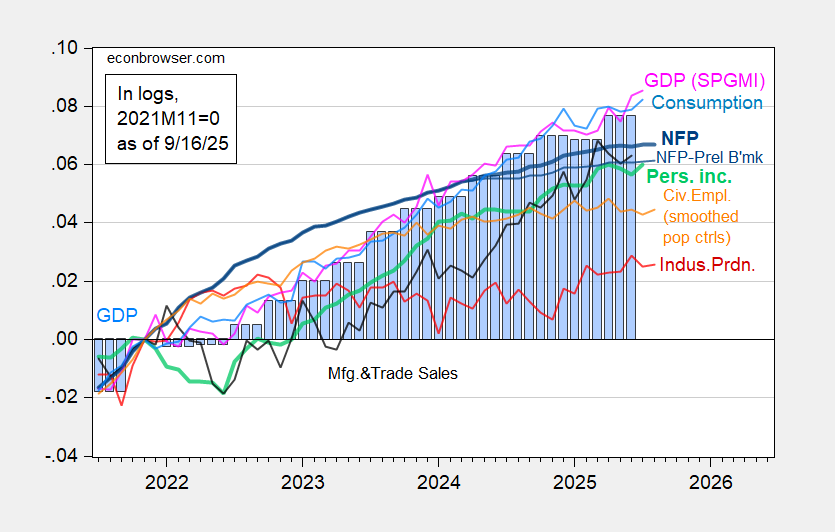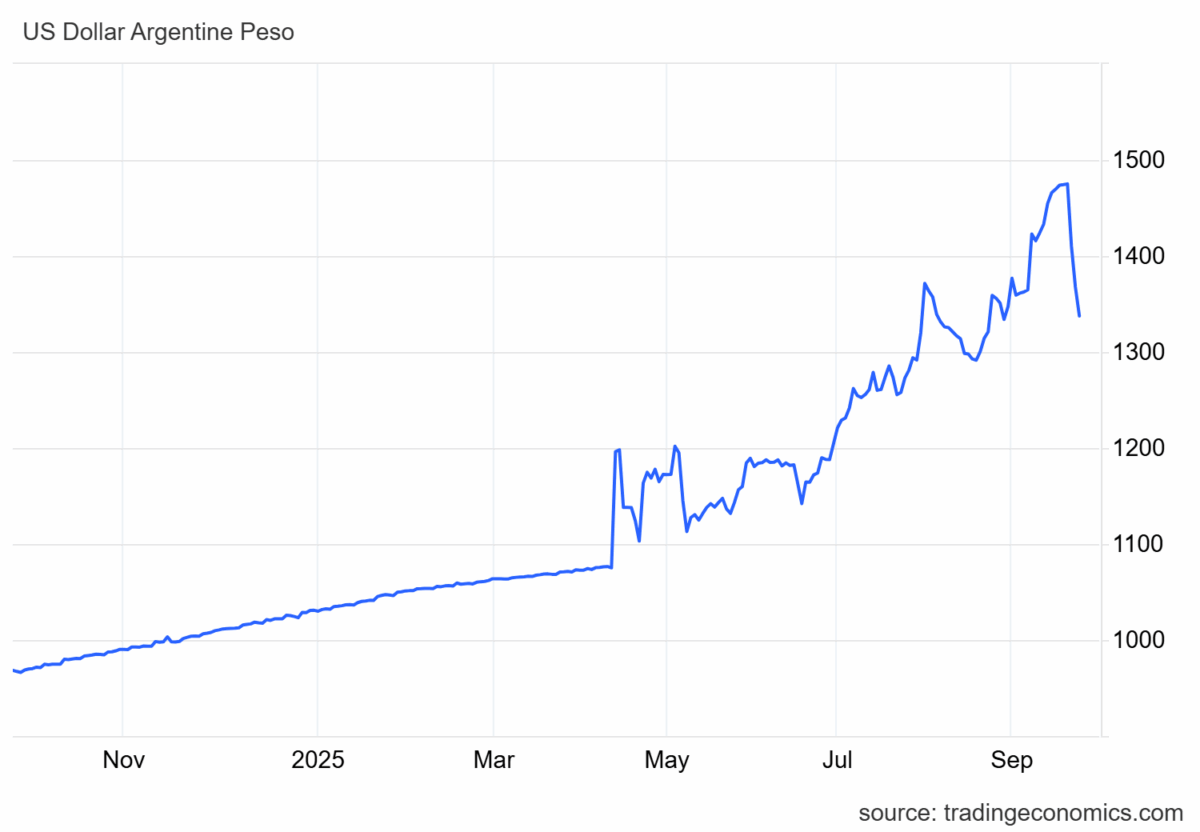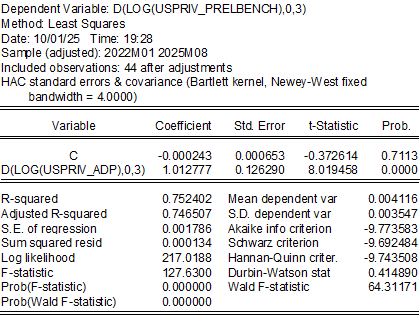
As we approach the potential for a lengthy government shutdown, currently estimated by Kalshi to last twenty-two days, the ramifications for economic data collection and reporting are staggering. This isn’t just a bureaucratic inconvenience; it is a direct assault on the transparency and accountability that our government owes to its constituents. The impending shutdown will lead to the cessation of critical data collection by the Bureau of Labor Statistics (BLS), the Bureau of Economic Analysis (BEA), the Energy Information Administration (EIA), and the Census Bureau. The loss of timely economic data is not just a technical issue; it reflects a systemic failure in our governance that prioritizes political gamesmanship over the needs of the public.
Let’s unpack what this shutdown means in practical terms. The BLS is set to miss vital releases, including employment statistics that inform us about the state of the job market. We will also lose insight into crucial indicators like the Consumer Price Index (CPI) and Producer Price Index (PPI), as well as data on state employment and unemployment levels. The broader implications of this data blackout are severe. For instance, without accurate job counts, policymakers will be operating in the dark, unable to make informed decisions that could impact millions of Americans relying on social safety nets.
The BEA’s inability to release data on international trade further exacerbates the situation. This is not merely an academic concern; businesses depend on this data for strategic planning and investment decisions. When the government fails to provide this information, it places unnecessary burdens on small businesses and entrepreneurs who are already struggling under the weight of economic inequality. They deserve a government that supports their growth, not one that withdraws support during times of need.
The energy sector, too, will suffer as the EIA is set to halt its reports on energy outlooks and petroleum-related data. This is particularly concerning given the current volatility in global energy markets. The absence of reliable data can lead to misguided energy policies that disproportionately impact lower-income communities already facing the brunt of environmental degradation and rising costs.
One of the most alarming trends we are witnessing is the divergence in employment growth between large and small firms. While larger corporations continue to thrive, smaller businesses are struggling to keep their doors open. This trend is reminiscent of the lead-up to the 2007-08 recession, where the economic gains were not evenly distributed. The data from the ADP paints a concerning picture: a forecast of merely 35,000 jobs added to the private sector, while my own analysis predicts a loss of 78,000 jobs. This is not merely statistical; these are lives disrupted, families impacted, and communities destabilized.
The graphs detailing changes in employment reveal a stark reality. Employment growth in firms with fewer than 500 employees is stagnating, while larger firms enjoy a recovery that the smaller players can only dream of. This disparity is a testament to the systemic inequities that plague our economic system. It highlights the urgent need for policies that prioritize small businesses, equitable wages, and a fair distribution of economic resources.
Now, let’s be clear: the consequences of this government shutdown extend far beyond mere inconvenience. We are witnessing a breakdown of accountability and a failure of leadership that directly affects the most vulnerable among us. The government’s persistent inability to function effectively is a reminder that we must demand better. We need representatives who prioritize the public good over political maneuvering, who recognize that their actions have real-world consequences on the lives of ordinary citizens.
The time has come for us to hold our leaders accountable—not just for a temporary lapse in governance but for the systemic issues that perpetuate economic inequalities and social injustices. The impending government shutdown serves as a wake-up call. We must advocate for a government that is responsive to the needs of all its citizens, not just the privileged few.
In conclusion, as we brace ourselves for the fallout of this shutdown, let us remain vigilant and resolute in our commitment to social justice, equality, and human rights. The fight for a more equitable economic landscape is far from over, and it is our collective responsibility to ensure that the voices of the marginalized are heard and that their needs are prioritized.
This article highlights the importance of A Looming Economic Crisis.


